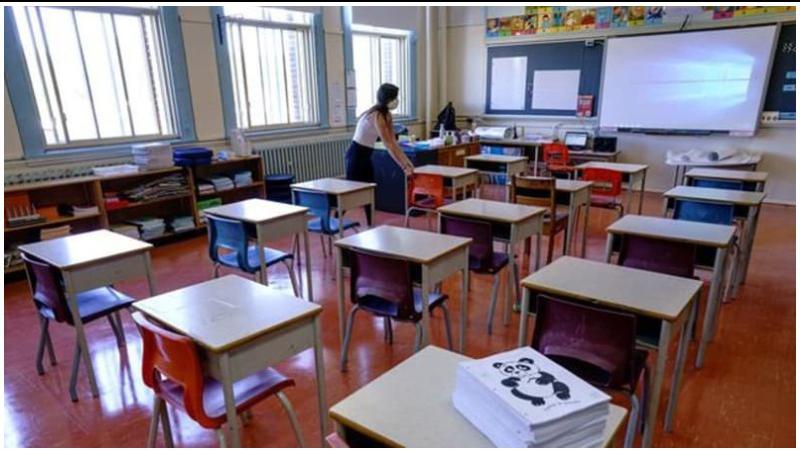
Alberta unveils updated draft Grade K-6 curriculum
Alberta’s United Conservative government unveiled its draft updated Grade K-6 curriculum Monday, which it says puts renewed focus on literacy, numeracy, citizenship and practical skills.
The draft curriculum comes after what the government says was a year of consultation with parents, teachers and subject matter experts, with the goal of modernizing the province’s curriculum following “years of decline”.
The province says Alberta dropped from first out of 45 countries in Grade 4 results in reading literacy in the Progress in the International Reading Literacy Study in 2006, to 17th out of 50 countries in 2016. Similar declines were also seen in math and science among Grade 4 students in the Trends in International Mathematics and Science studies between 2007 and 2019.
“The new curriculum delivers on our commitment to Albertans to refocus learning on essential knowledge and skills in order to give our children the best possible chance at success,” said Education Minister Adriana LaGrange. “Parents and teachers have waited a long time for this, and I’m pleased to say that we’ve delivered.”
